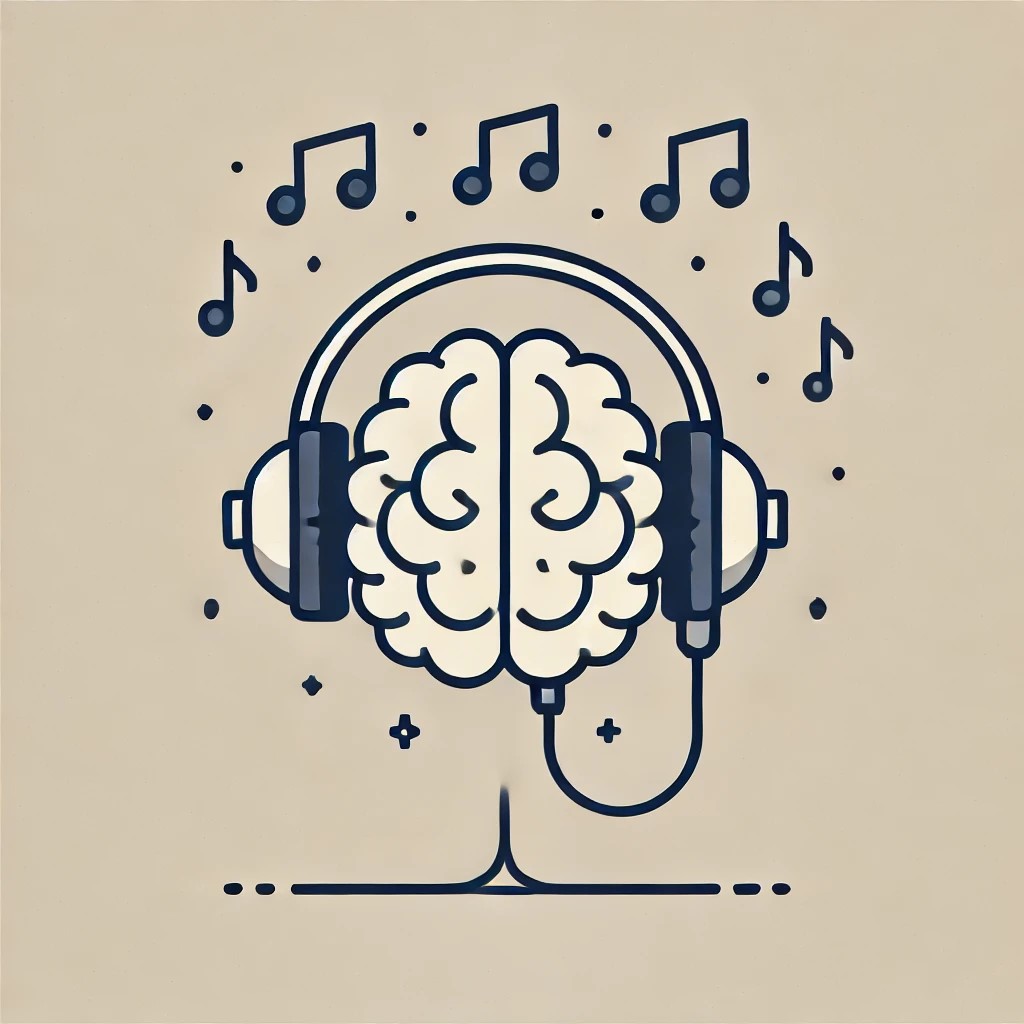
This review article offers a comprehensive analysis of the role music therapy (MT) can play in addressing symptoms and potentially slowing progression in Alzheimer's disease (AD). Alzheimer's disease, a neurodegenerative disorder predominantly affecting memory and cognitive functions, remains a leading cause of dementia in older adults, with projections indicating that cases will triple by 2050. A key observation noted in AD patients is the preservation of musical memory, even when other memory systems, like episodic and semantic memory, deteriorate. This resilience in musical memory has encouraged the development of music therapy as a means to tap into preserved cognitive pathways, with the hope of offering emotional, cognitive, and behavioral benefits.
The authors highlight that music therapy offers both active (e.g., singing, playing instruments) and passive (listening) forms of engagement, allowing flexibility in adapting the therapy to a patient's abilities and preferences. Studies suggest that music therapy can enhance mood, reduce depressive symptoms, decrease anxiety, improve autobiographical recall, and increase verbal fluency. One major advantage of MT is its ability to stimulate autobiographical memories through familiar melodies, creating emotional connections that can strengthen a patient's sense of identity. This activation of music-evoked autobiographical memories (MEAMs) allows AD patients to access vivid, detailed memories and improve social engagement, making music a potent tool for maintaining emotional and relational connections.
Moreover, the review explores the potential brain mechanisms underlying the observed therapeutic effects of music therapy in AD. Three main pathways are proposed: first, MT may stimulate neurogenesis and neuroplasticity in brain areas like the hippocampus, essential for memory and mood regulation. Evidence indicates that music can engage these areas, potentially leading to the generation of new neurons and the formation of new synaptic connections. Second, music therapy may enhance dopamine release in the brain's reward pathways, supporting cognitive resilience and delaying age-related cognitive decline. Finally, music therapy's capacity to reduce stress and inflammation could help mitigate neuroinflammation, which is increasingly recognized as a contributor to AD pathology.
The article emphasizes the need for high-quality studies to confirm the long-term benefits of music therapy specifically in AD patients. The authors note that existing research often includes other forms of dementia, and there is a lack of meta-analyses focused exclusively on AD. Nevertheless, studies involving Alzheimer's patients demonstrate that MT can be an effective, safe, and easily implemented adjunctive therapy, offering substantial improvements in mood, cognitive function, and behavioral symptoms. As AD remains incurable, the authors argue for early interventions like music therapy, which may not only alleviate symptoms but could also decelerate the disease's neurodegenerative processes when initiated during the preclinical or mild cognitive impairment stages.